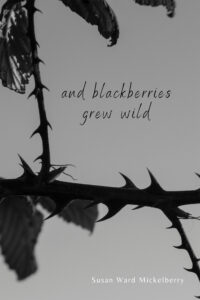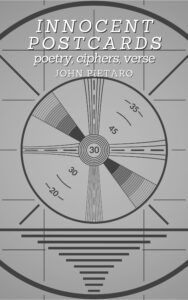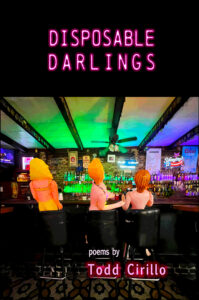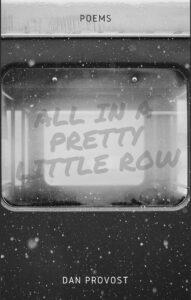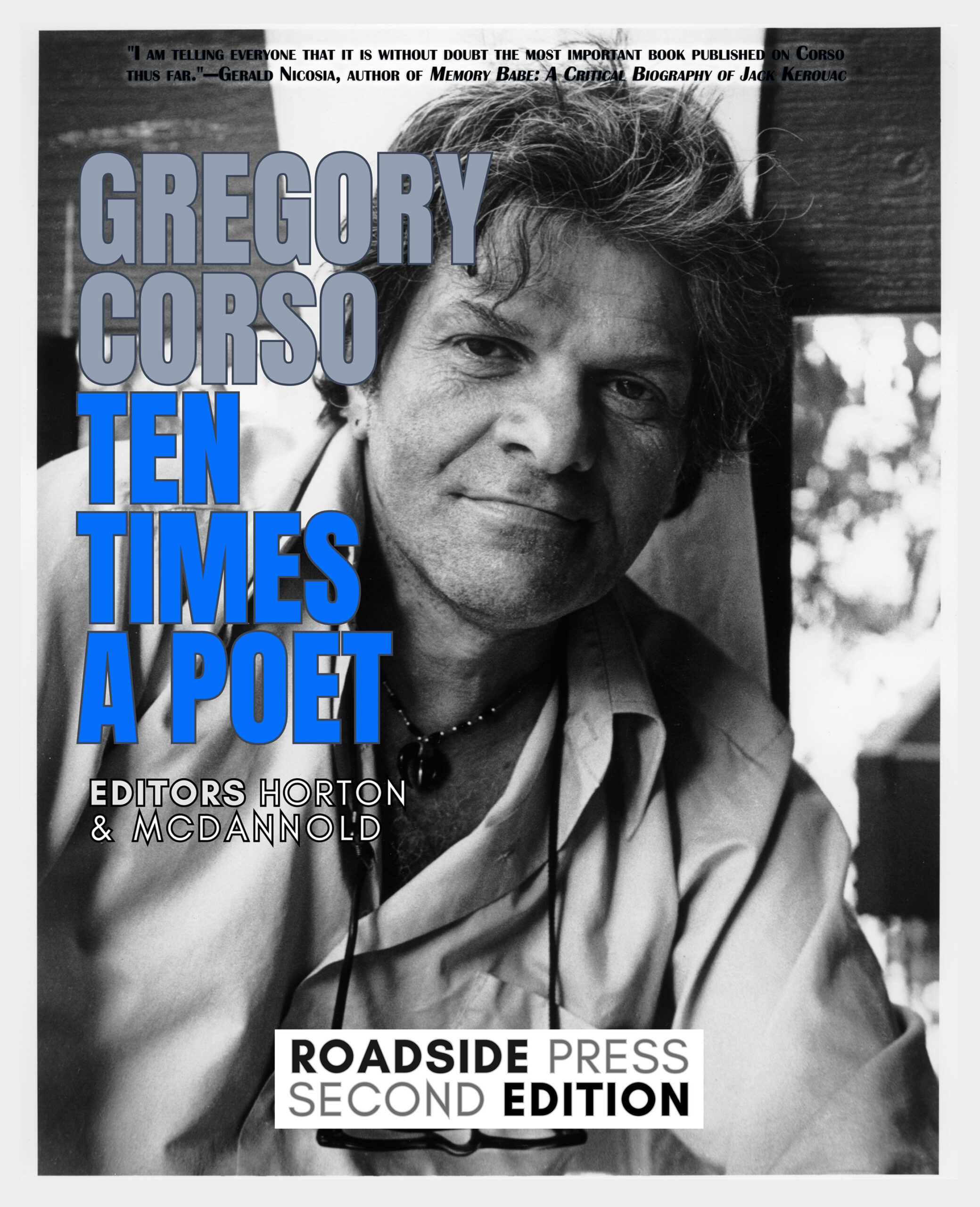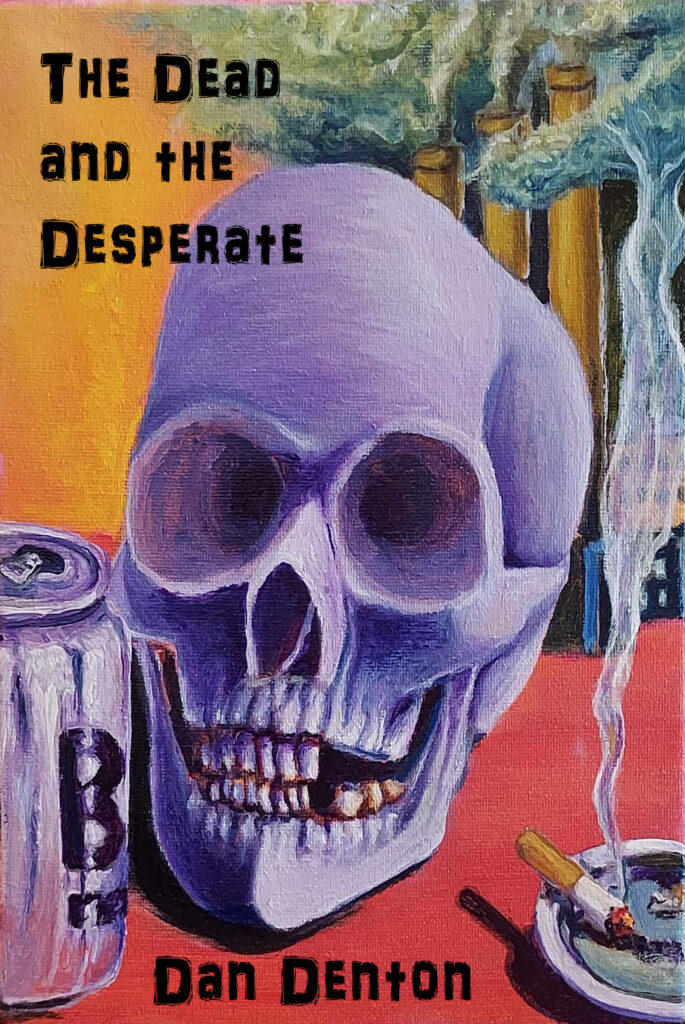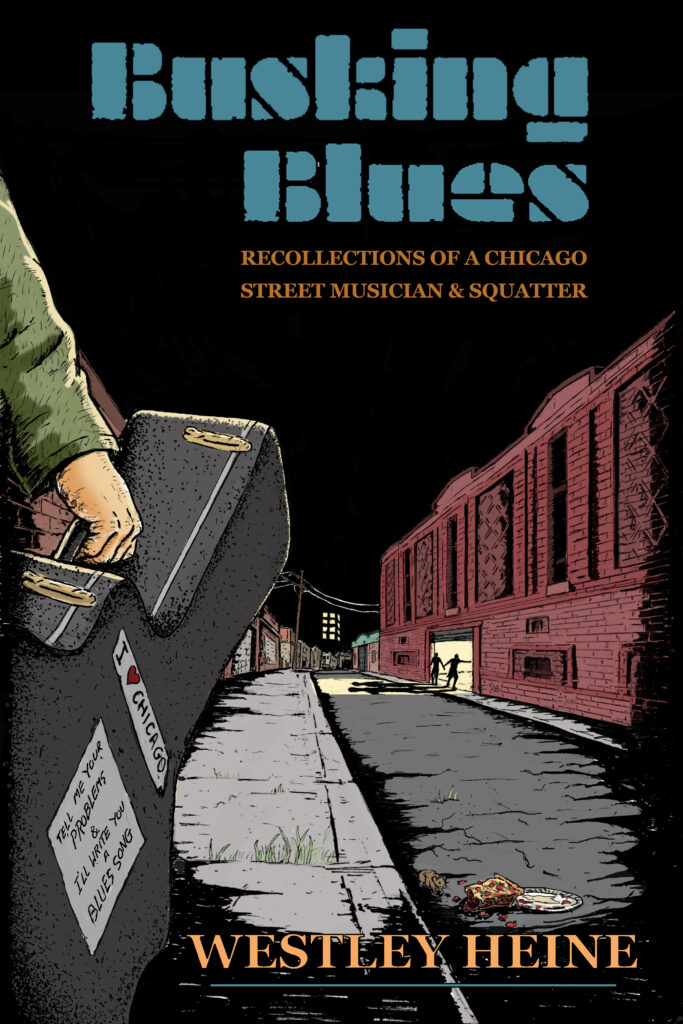first published at https://www.i94bar.com/reviews/books/3126-disaffected-dan-denton-must-be-your-new-fave-author
Disaffected? Dan Denton must be your new fave author
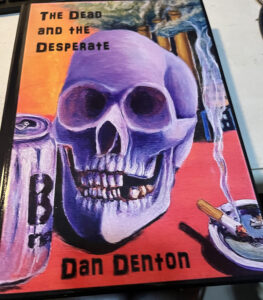 The Dead and The Desperate By Dan Denton (Roadside Press)
The Dead and The Desperate By Dan Denton (Roadside Press)
Way back in the New Wave/Post punk era, one of my only friends was a kid with a very similar name to mine. He was really into Depeche Mode and Tubeway Army, and he had a real hardk nock life with a dead father, abusive brother and corrections officer mother,
We met at some troubled teen diversion program. He knew some Kung Fu and kinda became my protector, as I was a scrawny-ass make-up wearing Ramone who was always targeted by bully dumb-fuck Ohio males for wearing eyeliner and being like totally into Bowie and the NY Dolls.
I always tried to get the kid to work on his keyboards so he could join my dirty punk band, I thought that might give him a productive creative outlet and elevate our sorta stupidly primitive Ramones/Cramps sound. He dabbled with it for awhile, but would always get sorta distracted by girls. He saw the two of us as rivals, whereas, I saw us as more like brothers. I really loved the guy.
I remember the first time he tried to kill himself. My own first love who looked like Brigitte Bardot went to visit him in the psych ward (he was always sorta chasing whatever girl I liked.) He hung out with the preppies at the downtown high school and sorta sucked up to the Thai immigrant “Karate Kid” Catholic school bullies.
At least three times, i relocated him outta that town, cause I understood innately that anybody with any sort of unique creative spark was just gonna get dragged through the gauntlet back there if they refused to join the military, it was gonna be nothing but bullshit pinballing back and forth between factory speed, DUI’s, churchified never good enough, forgive my sins hallelujah and the psych ward again. Always more Judge Judy fire and brimstone punishments and no reward forthcoming, ever. Ohio is where they manufacture the corrections guards, you know what I mean? Just brute Tarzan dumbfuckery and 24 Budweisers a day, “Guns & Ammo” magazines, hunting, Hooters, meat lover’s pizza, and NFL forever, Amen.
For some crazy psychological reasons unbeknownst to me, he always went back to his hometown tormentors, maybe like, better the devil you know or something? He was a real good lookin’ kid, with a fabulous poofy new wave haircut. Sorta like a cross between Bono and that Cory Hart “Sunglasses At Night” dude. So he did get to sorta be the big fish, local girl magnet well into the grunge era, before losing his hair. That was another reason he probably stayed there. He was always getting a lot of girl attention, but man. I knew it was not gonna go good for any working class weirdo in that Fascist-ass tank plant town.
He ended up killing himself a couple years ago, ya know he just never found any peace or real love and it was always another probation violation, or bad breakup, another spiral of some kind whenever he quit his factory job in another fit of artistic fervor, you know the old Clash lyric, “No good for man to work in cages, hits the town and drinks his wages”? That was his bad luck story for decades. Once you’re in the system, it’s nigh impossible to escape their sticky traps, ya know? His grandparents gave him a trailer but he’d work for like three days, then crash for two, then it was always back to the grind and you can never work hard enough to please all the Ohio women folk who absorbed all the Judge Judy/Sally Jesse Rapahel daytime TV propaganda in the 90’s about how men all need to get another job, a third job, job, job, job, “J-O-B” Mcjobby job job forever, cause they don’t want no scrubs and all that capitalism slavery bullshit.
Another one of our high school buddies was a barber/old school O.G. real hip hop battle rapper and he was dying of lung cancer but still trying to hold down a minimum wage hairnet and polyester shirt job at Bob Evans, a hick breakfast joint, cause the womenfolk back there kept telling him he did not deserve love if he was not working two jobs or more. If you are poor, you are always supposed to be on the clock, working, ya know, mopping. “ABC=Always Be Cleaning”. “If you have time to lean you have time to clean”, “If you wanna get started on changing those urinal cakes and hit the baseboards of the men’s and women’s restrooms, that’d be super”, they tell you work will set you free, but that’s just some grotesque Nazi lie.
I used to have to take piss tests for dishwashing jobs back there, you know? The bloody wet apron and hairnet and all that shit, while the rich dudes sat at the bar talking about when they were on high school sports teams and looking for approval from racist old coaches. If you stay in one of those hellholes, you will always be forced to slave and eat shit and grind and grovel, they will chain you to the hot hose and make you scrub in the basement of the tumor factory until you keel over and maybe say you were “a hard worker”. That ain’t much heaven to me, really. You never even make enough to do anything much but barely get by-everybody has hardcore addictions, they come with the gig of being born working class.
I don’t blame nobody for wanting to seek out some kinda fleeting relief from the gruelling, non stop agonies of their meaningless, deadend existence there. Scrub and scrub and mop and beg….All so you can become some kinda Employee Of The Month someday, or get promoted to like, lead snitch/”crew chief” or some shit, “team leader”, or like, “compliance officer”. Like that’s something anyone should ASPIRE To. So my rapper friend was mopping the kitchen of Bob Evans and collapsed there one day and was finally relocated to hospice where he died.
Ohio’s a real bad place for sensitive artistic human beings- don’t go to Ohio, it’ll kill ya, or turn you into a cop, not much in between unless you’re like a born rich kid. I used to be pen pals with this underground punk goddess from L.A., and she used to encourage me to write a memoirs, I took a couple stabs at it, but always felt like it was “too soon” cause I never really wanted to cause harm by telling all my doomed friend’s stories, they all had kids and parents and we had a bad, battered, bruising, bloody youth.
Eventually, that lady publisher turned me on to some amazing poets-a guy named Rich Ferguson who was so gifted he made me reassess all my own song lyrics and shit, and this dude, Dan Denton, the author of the essential, “100 A Week Motel” and also this latest one, that’s miraculously even better, “The Desperate & The Dead”. I think he’s maybe funnier than Bukowski in some ways, mainly because he’s so courageous and self incriminating and all his descriptions of dive bars and dead-end Ohio factory life are just so vivid and poignant and instantly recognizable to me.
This poet soul brother, Dan Denton has a big blue collar heart and is smart as hell, and he’s been chewed up for decades by the same relentlessly damaging Honky Death Machine that killed all my childhood friends off, one by one. If you ever read Mark Manning’s (also known as Zodiac Mindwarp) laugh-out-loud books like “Fucked By Rock The Unimaginable Confessions Of Zodiac Mindwarp”, “Get Your Cock Out”, or “Crucify Me Again”, or ever read long passages of Hunter S. Thompson’s “Kingdom Of Fear” out loud to your loved ones, or if you resonated with the outlaw comedy of Bill Hicks, this unflinching truth teller, Dan Denton is your favorite new writer. He is my kindred spirit and even wrote me into the book.
He’s a genius and a semi reformed fuck-up, the unlikely product of the Divided Slaves Of Amnesia’s midwestern slavery plantations. I’m grateful he quit the factory life to be a full time badass.. Get his books as soon as you can, he’s got Eugene Deb’s soulpower and a rock ‘n’ roll heart, like a motherfucker!

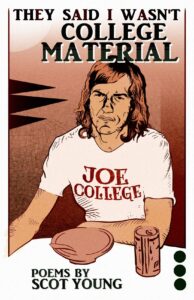
![The Dead and the Desperate by Dan Denton [hardcover book]](https://roadsidefam.com/wp-content/uploads/2024/04/435691018_2269411643399833_4817135716184713194_n-263x300.jpg)
